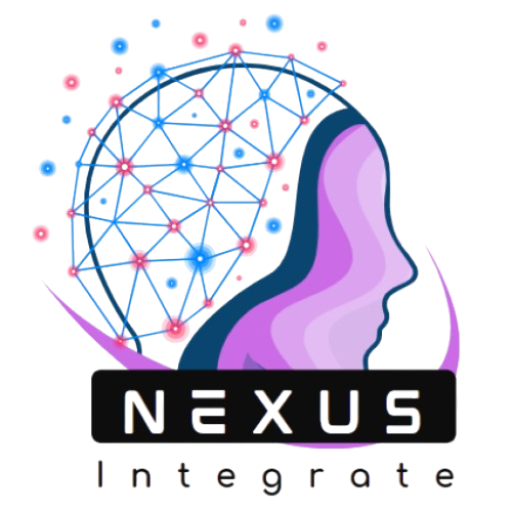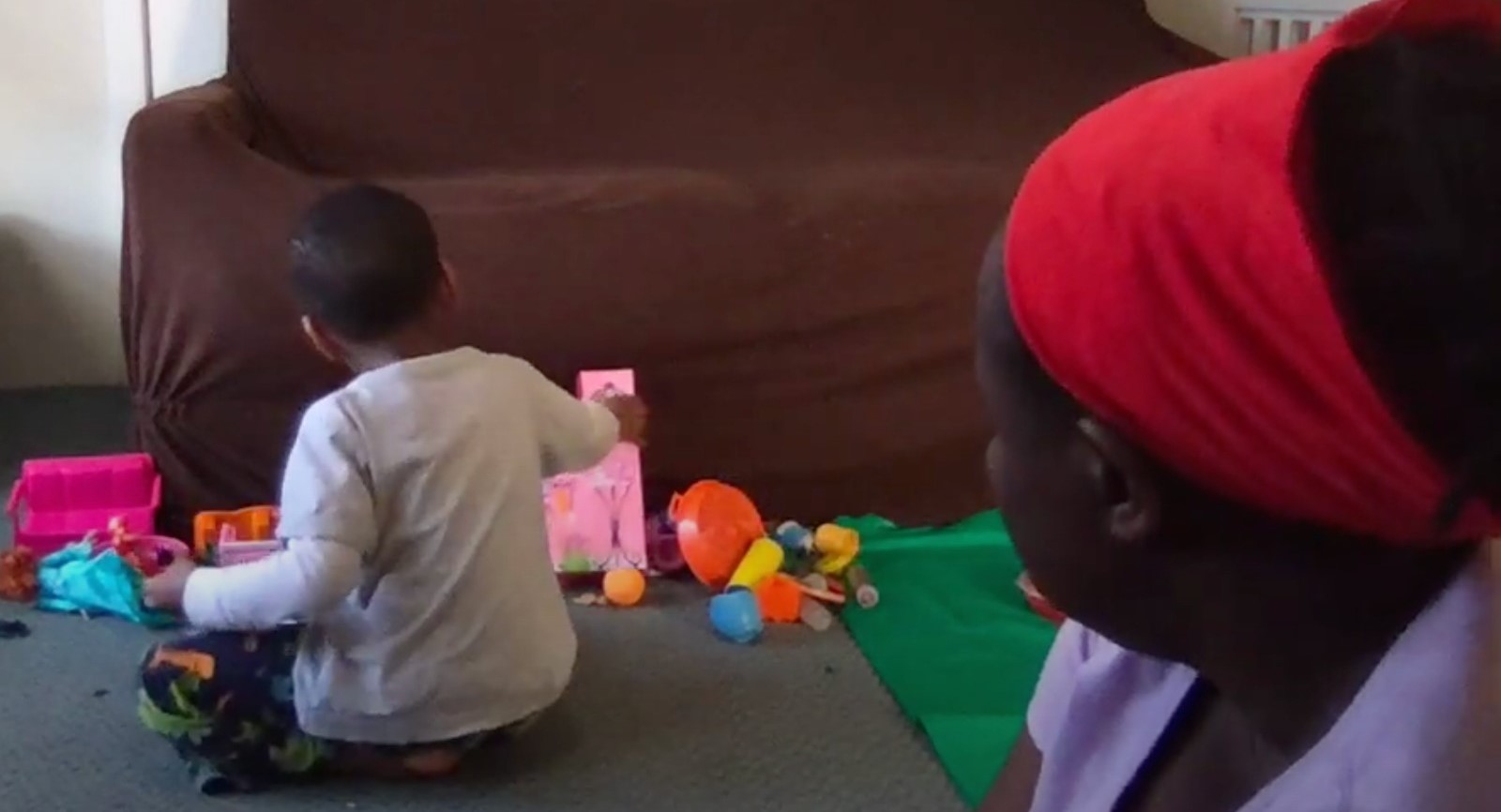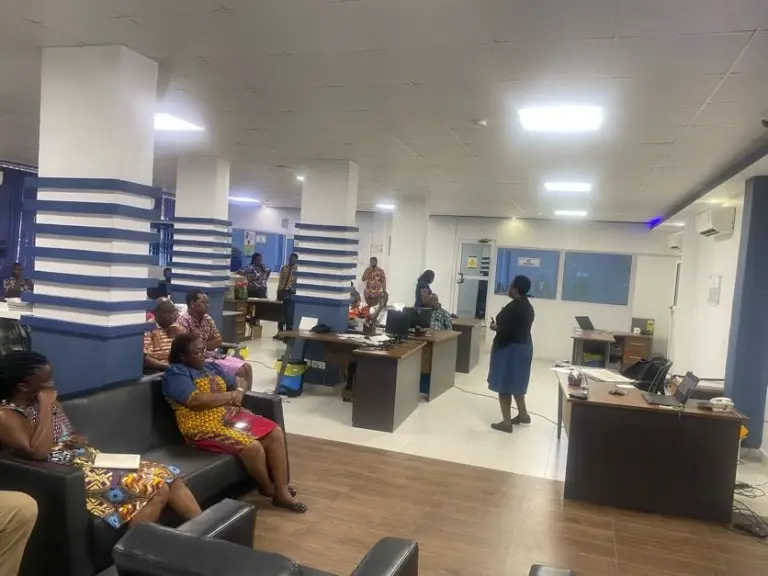Nexus Integrate is a hub for healing and growth where play-based and creative interventions support children, adolescents, and adults. We combine research, practice, and collaboration to create tailored solutions that empower individuals, families, and organizations.

Nexus Integrate was founded to create a home and a tribe — a place where people of all ages could find belonging, support, and practical solutions to life’s challenges. It is a hub that honors collaboration while also recognizing each person’s uniqueness.
The name Nexus represents a gathering point, a hub of activity. Integrate reflects the adhesive force that brings together what may seem disjointed — weaving strengths, stories, and perspectives into meaningful solutions. At the heart of Nexus Integrate is the use of individualized assessment and therapeutic interventions, with a special focus on play-based approaches for children and creative, game-centered methods for adolescents and adults. We believe that healing is often most powerful when people are given safe, playful, and imaginative ways to explore their emotions and experiences.
Our logo reflects this mission. The silhouette without eyes is intentional: it represents a space where anyone can belong, regardless of age, gender, race, or background. It shifts the focus from outward appearances to the inner strength and resilience that every person carries. In this way, the logo becomes more than an image — it is a symbol of safety, inclusivity, and the freedom to grow without judgment.
What We Do

Psychotherapy / Counseling

Play-Based Interventions


